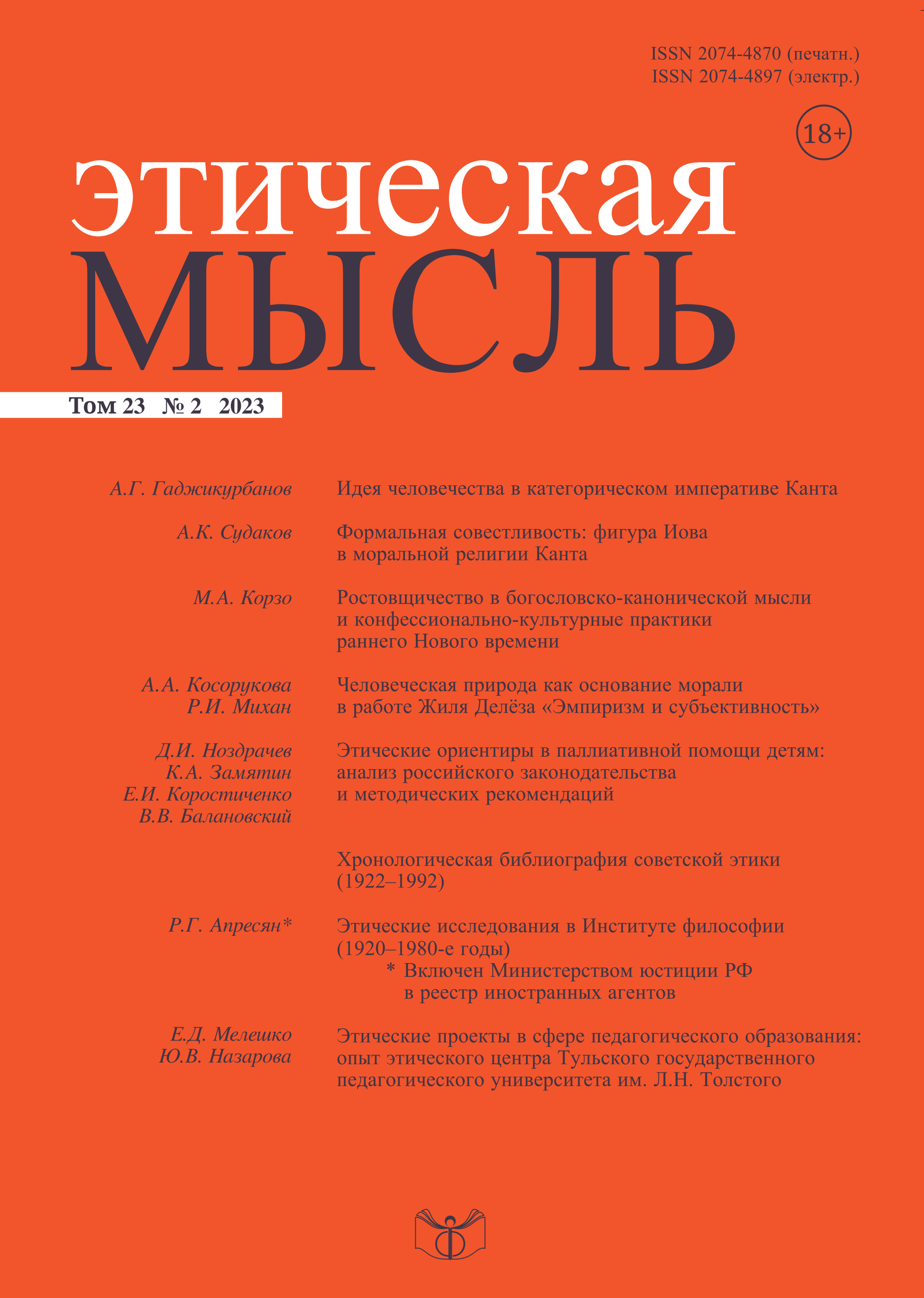Usury in Theological and Canonical Thought, and Confessional-Cultural Practices of the Early Modern Times
DOI:
https://doi.org/10.21146/2074-4870-2023-23-2-39-52Keywords:
usury, charity, justice, restitution, obligation, social stigmatization, scholastics, canon law, moral theology, D. Laínez, M. Luther, J. Calvin, moral and edifying literatureAbstract
The understanding of usury in Western theological and canonical thought was determined by the texts of the Holy Scriptures, the philosophical ideas of ancient thinkers, but also by the socio-economic realities of a particular epoch. The meaning of the Latin term “usura” underwent significant changes, narrowing over time and limiting itself to certain contracts (mutuum). Usury had a moral dimension, since the economic behavior of Christians was significant for the salvation of the soul. From a sin primarily against the commandment of love, “usura” evolves into a sin against justice. Usury also had a social dimension: the word “usurer” could stigmatize those who did not belong to a particular social (professional) or ecclesiastical community. In the era of confessional demarcation of the Early Modern times, each of the denominations sought to formulate a new economic ethics that would be more in line with current economic practices and trends. The apparent similarity of the different confessional positions did not always indicate the identity of the arguments in favor of the permissibility of moderate usurious interest. At the same time, many Protestant theologians, despite the nuances of their positions, can identify a common point in their approach to usury and related problems that distinguished them from Catholics: the emphasis is rather on the individual conscience of the Christian, that determines the economic behavior of the individual, than on external regulation, although the secular authorities retain significant levers of control over lending activities.









